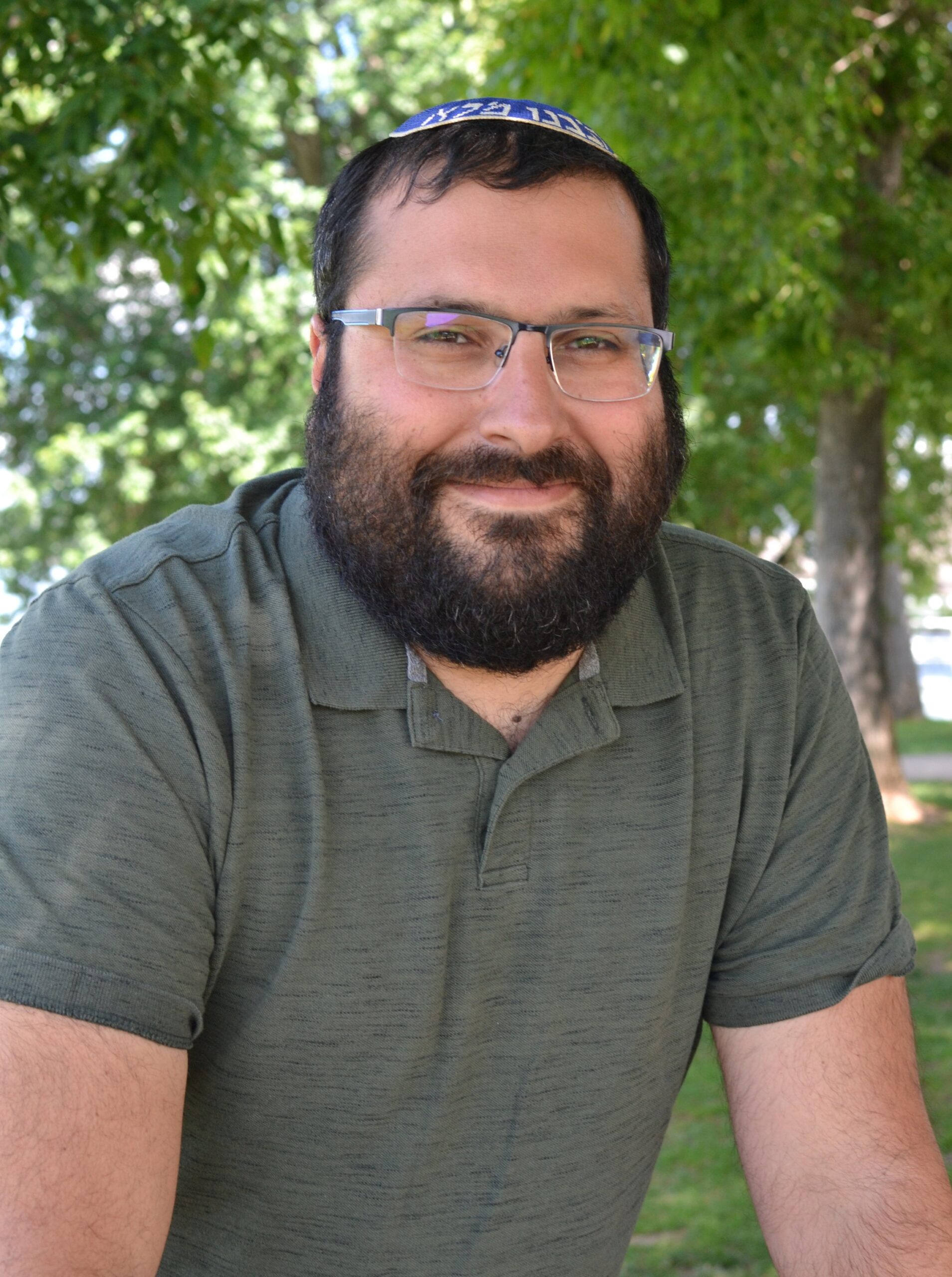Camp begins slowly, as the buses pull in singly or in small groups over five hours. And it begins in a massive rush: an impromptu soccer game of 30+ young kids, girls and boys, with their counselors; hugs and name games and learning a new “kikar dance.” After dinner – including a surprise dessert of chocolate chip brownies – the aidot broke up into pe’ulot erev (evening activities). The evening concluded with our Nivonim (11th grade) campers ritually ascending the new givah (hill) campus in which they live, now the third aidah to sing and dance through the gate on the first night of camp.
This morning Adina and I met with all of the aidot, hearing from our campers what they are excited to do this summer. We emphasize with them the importance at camp of advocating for themselves, telling and asking their madrichim and madrichot (counselors) when they want or need things. We heard campers of all ages talk about making new friends, experiencing special events at camp (e.g., our song festival, camp-wide team competition [Yom Sport], the aidah musicals), and the regular rhythms of camp life – Shabbat, kayaking or stand-up-paddle-boarding, playing basketball and softball, playing musical instruments, and more. Watching campers of all ages whispering to each other and laughing knowingly across a circle of peers is witnessing firsthand camp working: building new friendships with other campers and counselors and deepening existing ties.
The entire summer is about the creation of new memories for our campers and staff, and some of those new memories for me every year are the great pleasure I get from watching kids grow up. From Kochavim (4th) to Shoafim (8th) to Junior Counselors, kids grow physically and emotionally before our eyes. Having the perspective of a relatively short snapshot every summer, the growth from year to year is stark and impressive.
Alongside these new memories, I have also been reminiscing about old ones. This weekend a number of families, at least one spouse of whom I’ve known since I was a camper, are in camp reconnecting. It is one of what we hope to be many leadership development weekends for alumni and other stakeholders over the coming years. Thinking back to our summers together as campers in the mid-90s and staff members in the years straddling 2000, the physical spaces around camp come alive as if they were screens in a museum exhibit playing different short clips. Though some of these memories are always with me – different ones during different summers and at different times each summer – preparing for and now welcoming these peers back to camp has brought a rush of the past.
Faulkner famously wrote “The past is never dead. It’s not even past.” In the camp context, beginning my 28th summer here, the memories I carry around – of lessons, of people, of experiences – inform me in my professional work today just as they make up the most significant and important influence on my personal identity and growth. One of the lessons I will try to share with these young families this weekend I learned from Rabbi Joel Seltzer, a dear friend and the current Executive Director of Camp Ramah in the Poconos. To paraphrase Joel, the longing for the past – nostalgia – is a self-serving and ultimately misguided wish for an impossible turning back of the clocks to an earlier era. What we actually want, and need, is for the past to come alive, for our love for Ramah and for each other to fuel new memories in the form of our children’s experiences and a vision for the institution itself.
Ramah is a place where we remain steadfastly attached to our past – Jewish tradition and culture – and relentlessly driven forward to the constant progress of our children. We create memories for our kids and innovate for them as human beings and a Jews. These powerful pulls and tugs create the dynamic tension which transforms us, and them, and Ramah itself.
Shabbat Shalom,
Jacob




